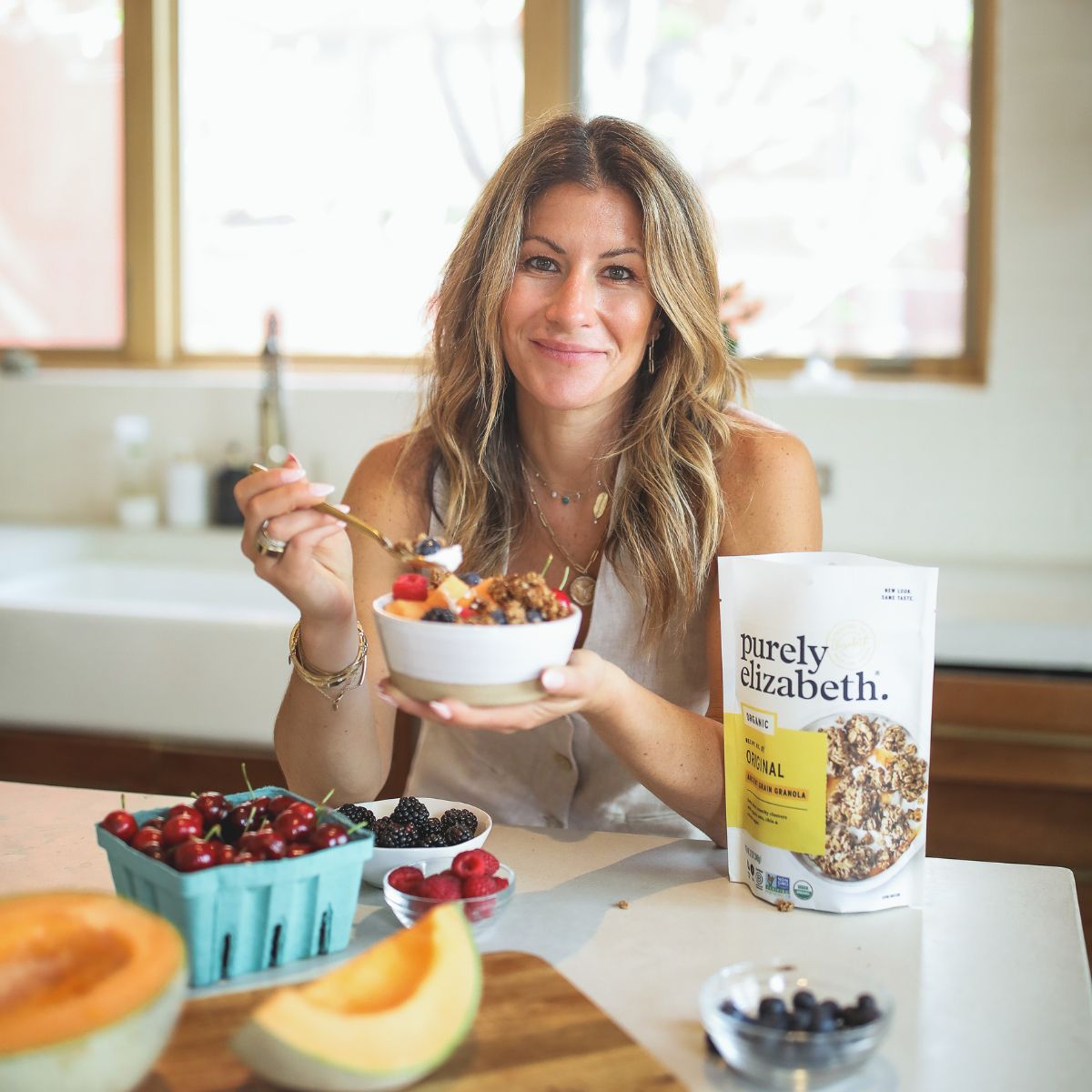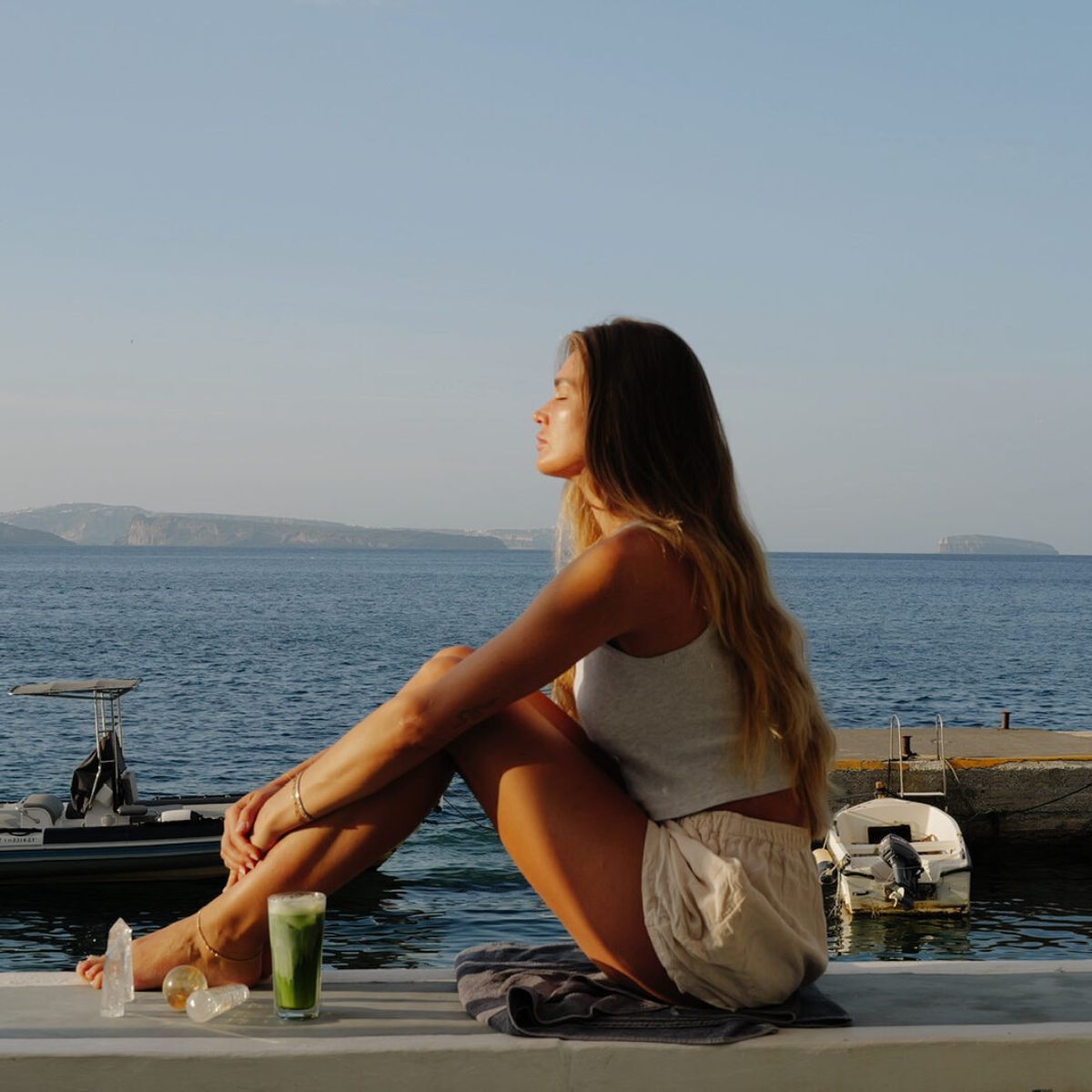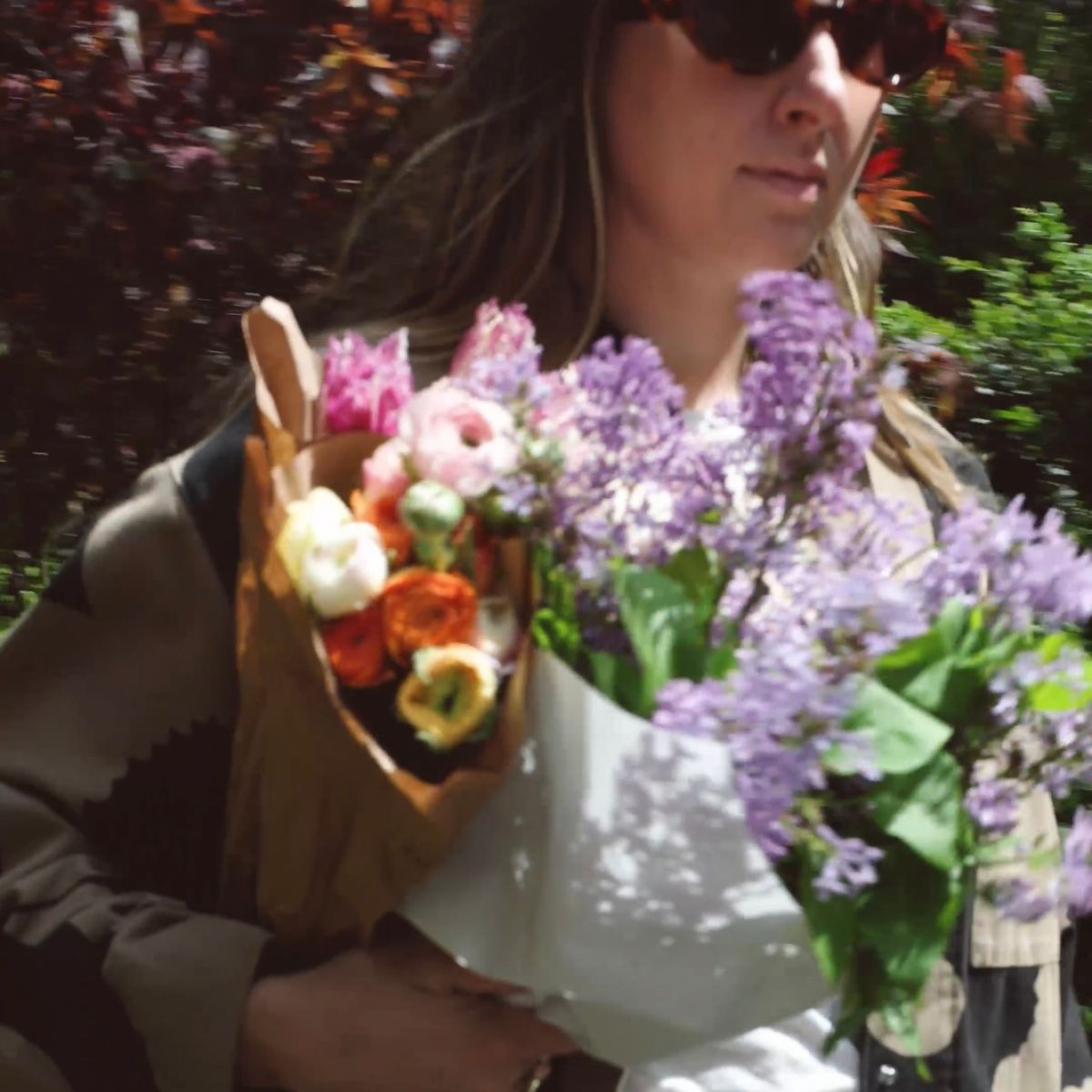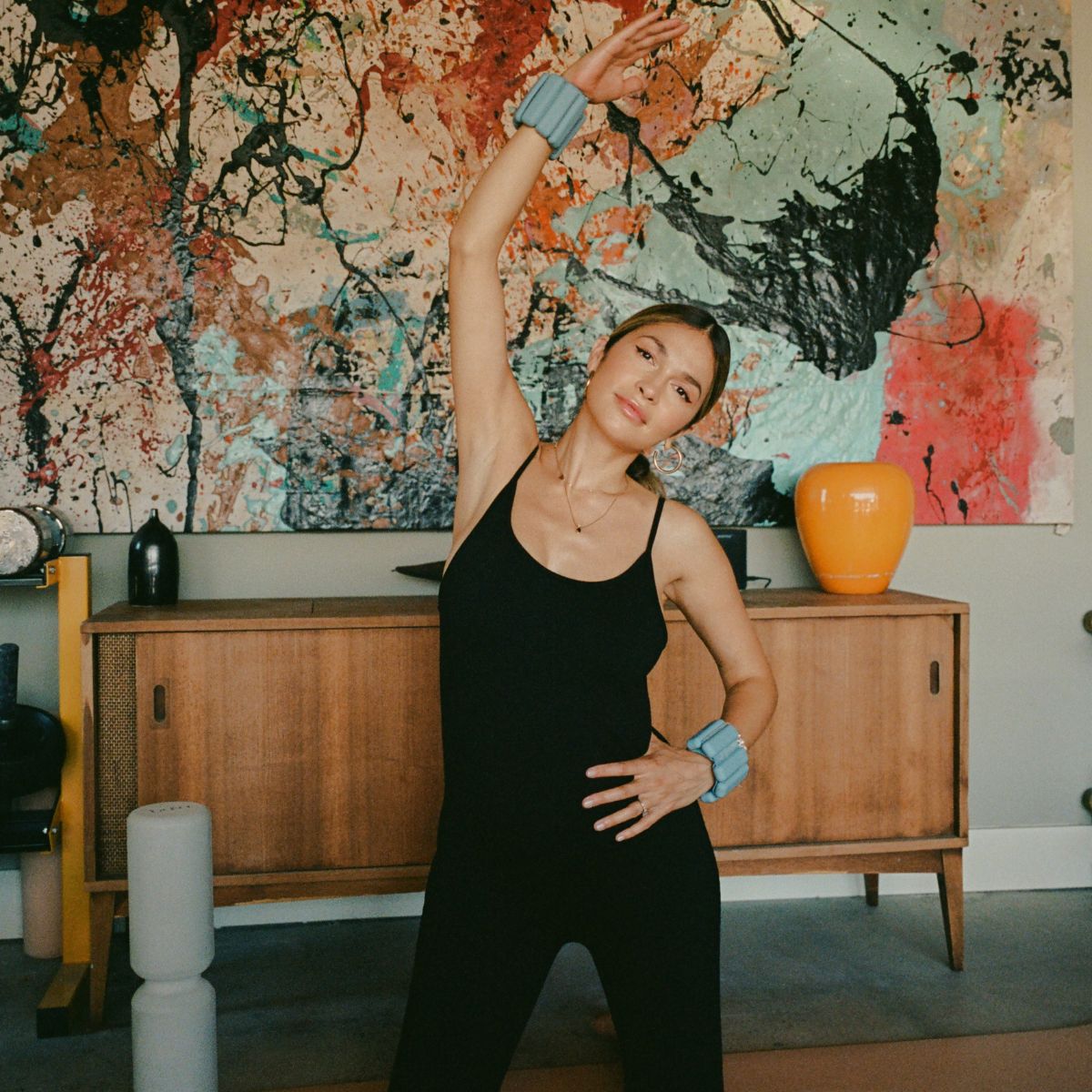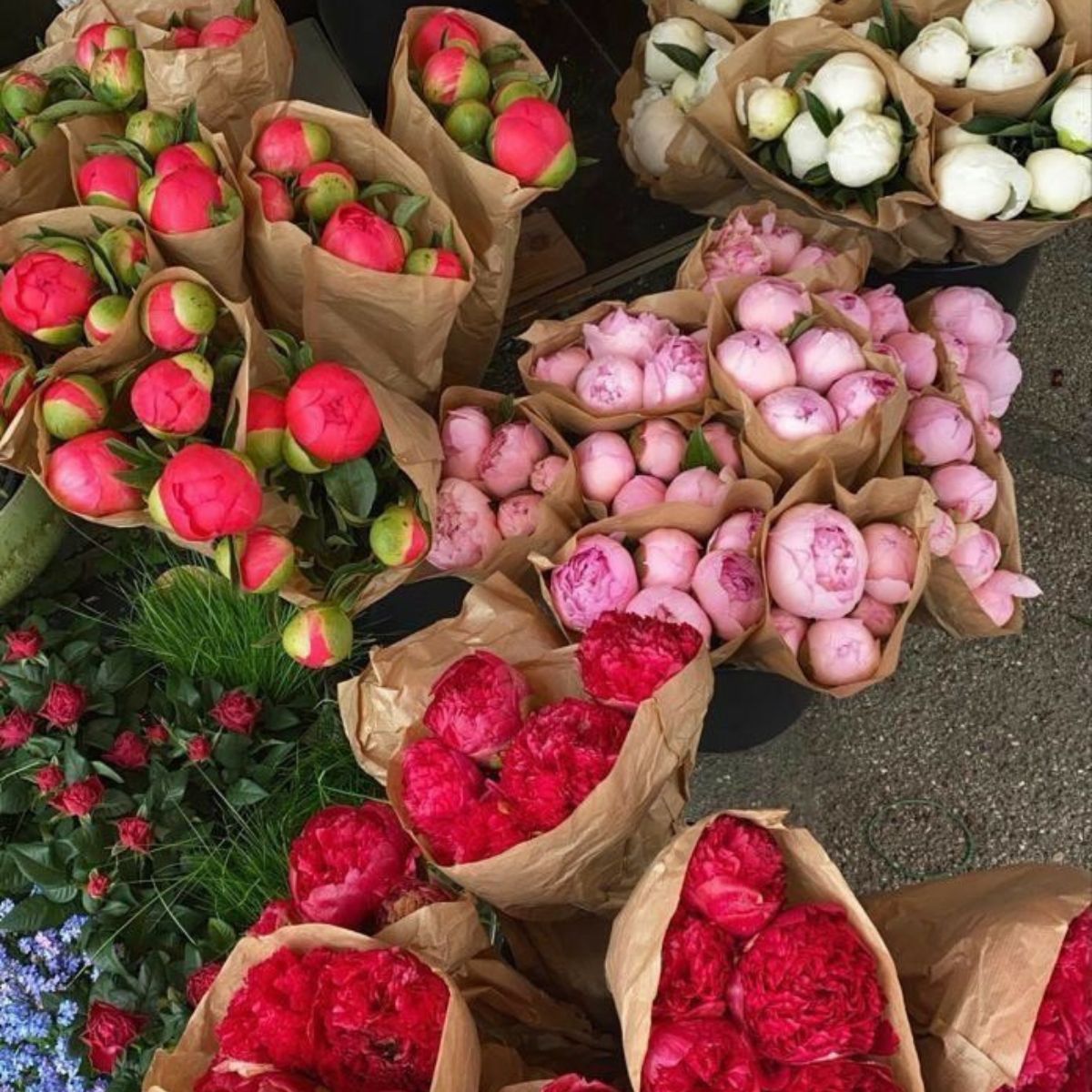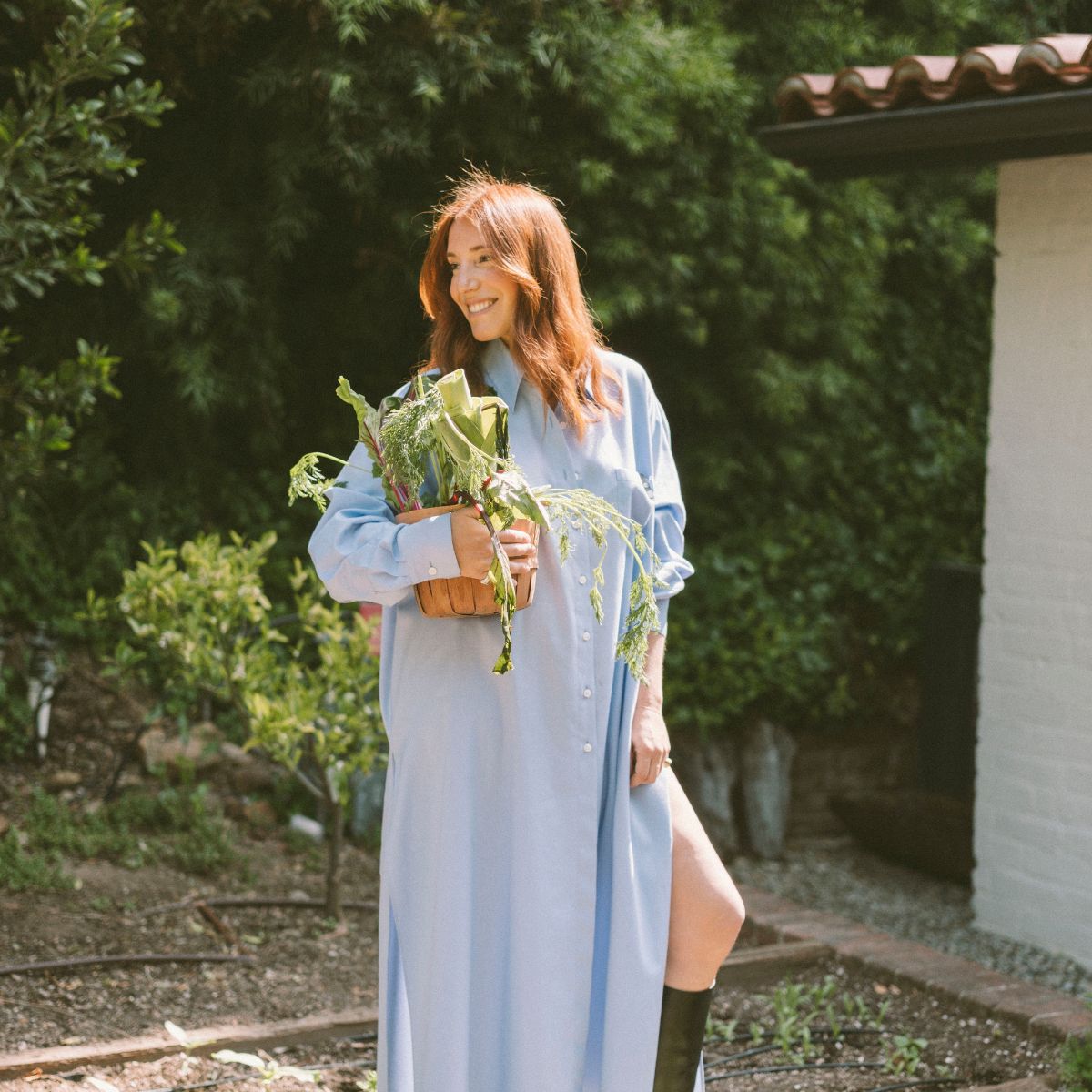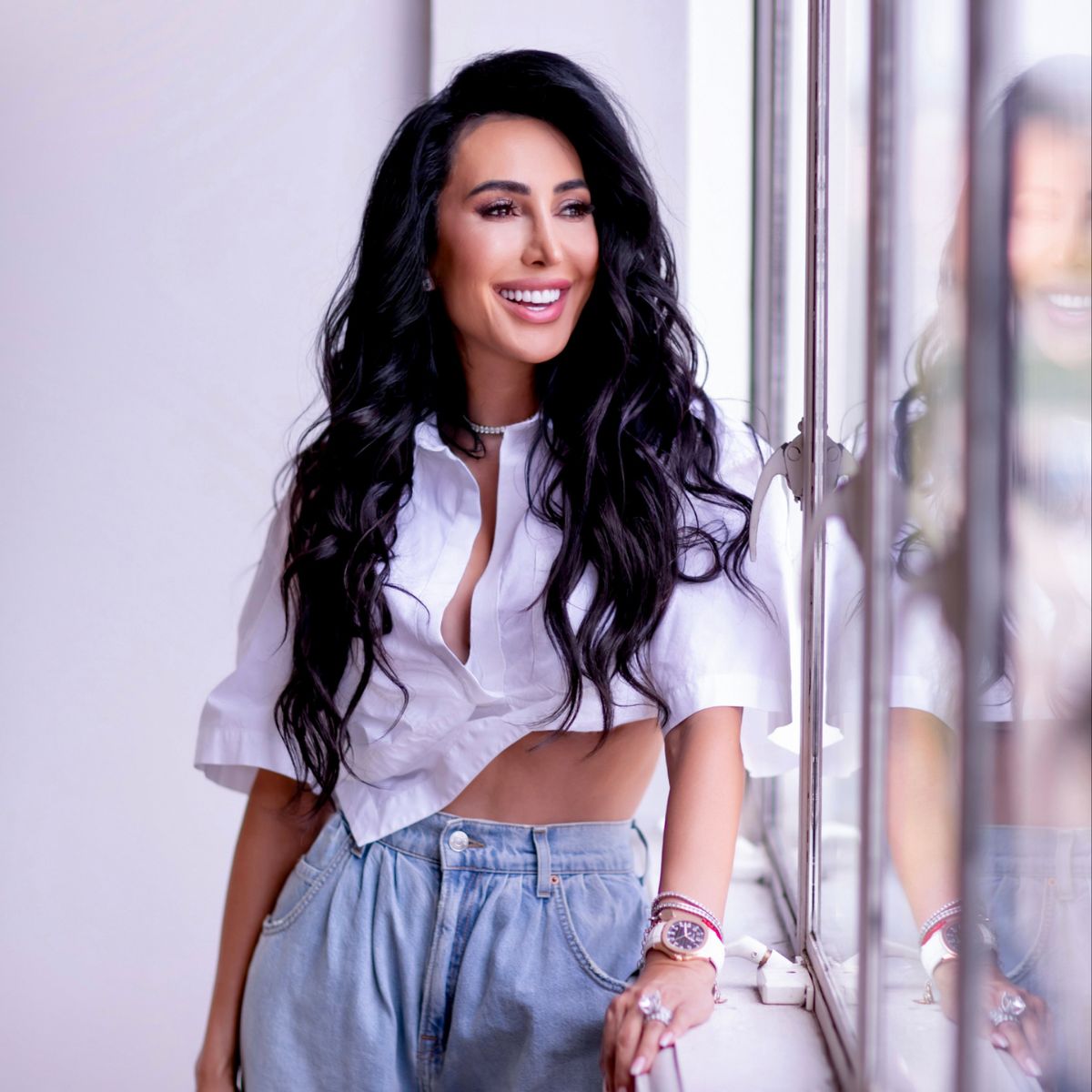In this hangover-free episode, Elizabeth welcomes Ryan Hanson, the CEO and founder of Surely, a non-alcoholic drink that breaks away from convention by prioritizing transparency in its making process and ingredients. Ryan talks more about the non-alcoholic wine movement and how Surely stands apart from its high-sugar counterparts, along with what it was like building a brand in such a new space.
Beyond the beverage realm, Ryan imparts some great wisdom on staying present in life, explores the health advantages of reducing alcohol intake, and reflects on the challenges and tips for those interested in starting off 2024 sober. At the end of the episode, Ryan gives a sneak peek of the exciting products Surely has in store for its audience this year and beyond. Cheers!
Use code: PURELY15 at checkout for a 15% discount.




